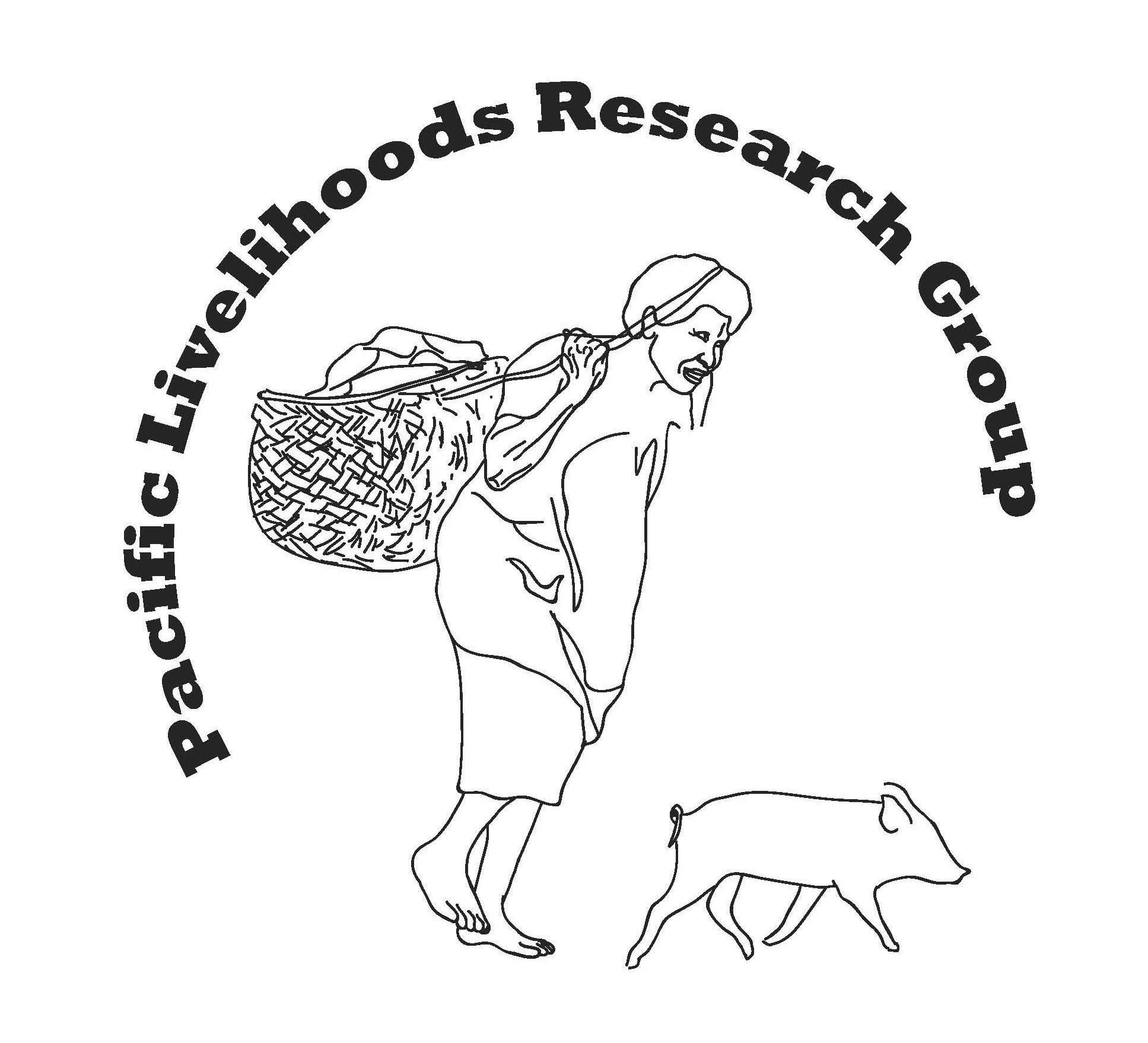
Food insecurity is a major concern in many low-income countries. Food insecurity is anticipated to intensify due to continuing pressures on food production systems from ecological degradation, climate change and changing access to resources such as land and income. The Pacific Livelihoods Research Group focuses on understanding why and how households and communities become vulnerable to food insecurity and examines the capacity of households and communities to adapt to long-term stresses and short-term shocks that undermine food security. We give particular attention to the social and cultural dimensions of adaptation and resilience, and the role of innovation and flexibility in sustaining food security.
Most of our food security research is in Papua New Guinea, where over 85% of the population live in rural areas and are dependent on subsistence agriculture. The bulk of daily food intake is produced from household gardens or is locally produced and most cash earned by rural people comes from marketing fresh garden produce and the export of tree crops such as cocoa, coffee and oil palm. Food production is thus a key strategy for maintaining food and income security. Despite food security being generally good at the national level, subsistence food production is increasingly coming under both short and long-term pressures due to growing market integration, resource and population pressures, environmental stresses and changing consumption patterns. Also, there are increasing population pockets who are vulnerable to food insecurity, such as those migrating to urban, peri-urban or non-village rural areas.
The food security research focuses on:
- Identifying the main threats to household food insecurity and rural livelihoods in Papua New Guinea
- Identifying how rural people are adapting agricultural practices and ways of organising land and labour to respond to short and long-term pressures on their farming and livelihood systems.
- Examining the key internal and external socio-cultural and economic factors that enhance or constrain the capacity of households to adapt and respond to food insecurity
- Assessing the importance of agricultural production in maintaining household income security
Further Reading
Koczberski, G., Curry, G.N., Bue, V., Germis, E., Nake, S., & Tilden, G. M. (2018). Diffusing Risk and Building Resilience through Innovation: Reciprocal Exchange Relationships, Livelihood Vulnerability and Food Security amongst Smallholder Farmers in Papua New Guinea. Human Ecology, 46, 801-814. https://doi.org/10.1007/s10745-018-0032-9
Koczberski, G., Curry, G.N., & Bue, V. (2012). Oil palm, food security and adaptation among smallholder households in Papua New Guinea. Asia Pacific Viewpoint 53(3), 288-299.
Curry, G.N., Koczberski, G., Lummani, J., Ryan, S., & Bue, V. (2012). Earning a living in PNG: From subsistence to a cash economy. In: Robertson, M. (ed) Schooling for Sustainable Development: A focus on Australia, New Zealand and the Oceanic Region. Springer, Dordrecht, (pp 159-184).
